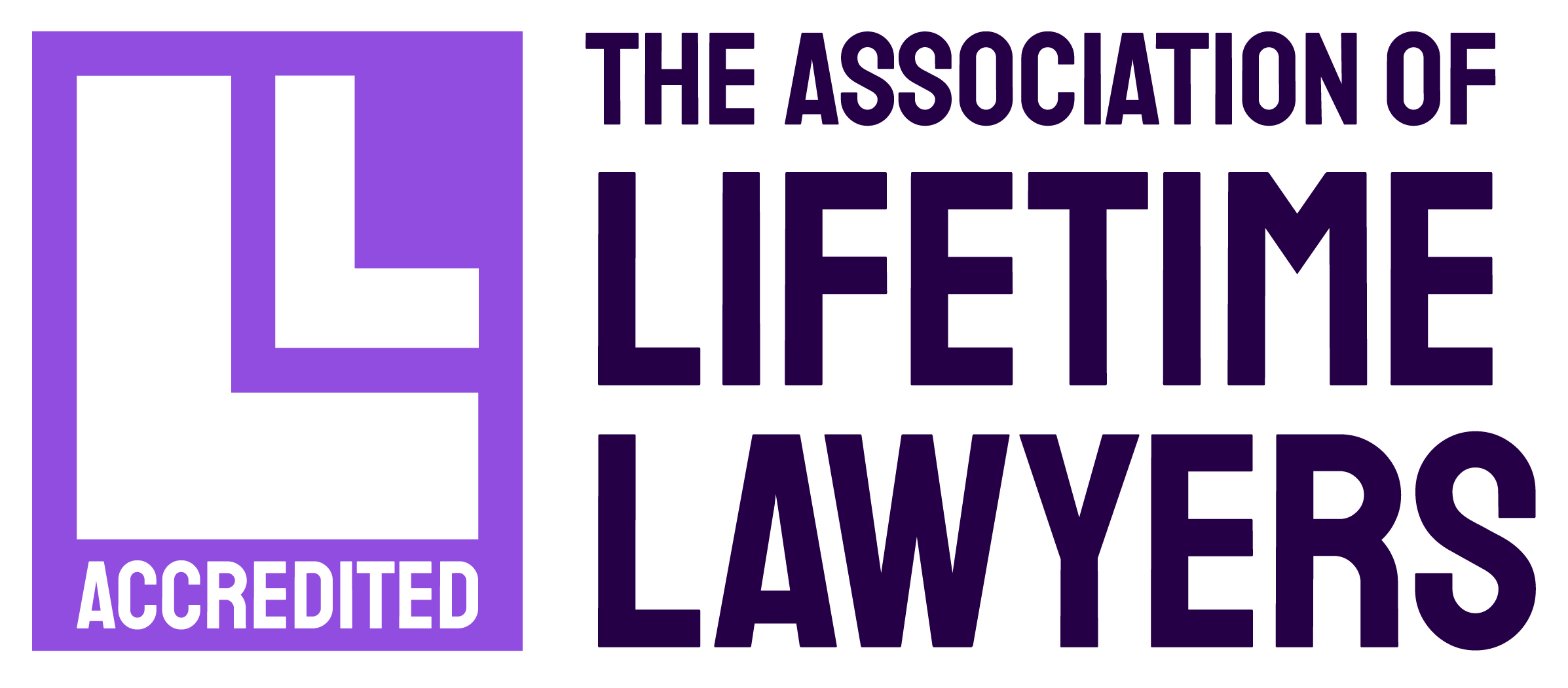Who inherits
your online legacy?
The Wills, Probate & Property Solicitors for Morley, Tingley, East Ardsley, Gildersome, Churwell, Drighlington and surrounding areas of Leeds and Yorkshire.
Help & Advice
By : Diane Burke
In this new digital age what rights, if any, do people have over their late family member’s online accounts such as Facebook, Twitter and Gmail?
It is not news that these days almost everyone has some form of online presence be they 8 or 80 but what happens when that person dies? The family may want to deactivate these virtual accounts or may want to preserve them for prosperity. The deceased may want to keep the content of the accounts secret. The accounts may have sentimental value holding hundreds of digital family photos or may have economic value if they relate to a celebrity or business.
The answer? Well it depends on what online account we are talking about.
Each online provider has their own standard contractual agreement, between them and the user, which is entered into at sign up. Gmail, for instance, allows the authorised representative of the deceased (Executor or next of kin) to access a Gmail account ‘in rare cases’ with a U.S. Court order. Yahoo states that their accounts (and all content) terminates on death.
Facebook allows a member’s page to be ‘memorialised’ so that it can act as a kind of tribute page. Facebook don’t ask for a death certificate before memorialising so in some instances users are still very much alive! Facebook allow that in some special cases they will allow a deceased user’s account to be removed but it is not clear what criteria Facebook use to determine what constitutes a special case.
Worryingly in September 2012 a British family were unsuccessful in getting a U.S. District Court order against Facebook to provide the content of their deceased daughter’s Facebook account to an English Coroner as evidence in the inquest.
Why a U.S. Court Order? Because these online providers are based in the U.S. and their law applies even if the user is living in England. The U.S. currently has no national law dealing with the issue and each state has its own state law and interpretation. Yet more uncertainty!
So what can we do?
Although technically a breach of the terms of service (and possibly a criminal act in some jurisdictions) users can sign up to websites such as assetlock.net, legacylocker.com or securesafe.com. These companies offer a service that allows for passwords to be transferred to a chosen beneficiary on death. Alternatively they offer for account to be terminated. This is however dependent on the user keeping registered passwords up to date.
On a more practical level we could write user names and passwords down and keep them with our Wills.
There is some hope. In April this year Google announced it will be launching a tool to allow users to nominate in their lifetime what will happen to their virtual presence. This will cover Gmail, YouTube, Google+ and Picasa. The user can opt to have an account deleted after a set period of inactivity or for information and content to be passed to a nominated third party.
"We hope that this new feature will enable you to plan your digital afterlife - in a way that protects your privacy and security - and make life easier for your loved ones after you're gone," Google
Clearly this is an issue that is not going to go away and if anything is going escalate year after year. For now all we can do is talk it over with our loved ones and think about what we want to happen to our online accounts when we die.
29th May 2013
Sources:‘The Remains of the data’ – Damien McCallig – Irish Law Society Gazette Jan/Feb 2013
‘Google Launches Tool to determine data use after death’ – BBC website- 12th April 2013



